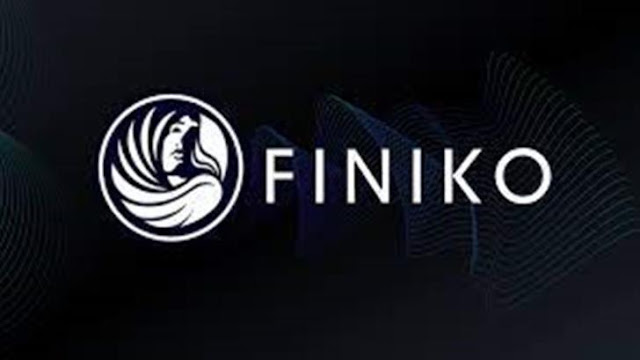Filenews 12 August 2021
Russian incomes have fallen over the past decade and since last year the pandemic has made economic security even worse. As a result, more and more Russians - in an attempt to make immediate profits - are turning to investment schemes such as the "pyramids". According to data from the Central Bank of Russia, around 300 companies with "pyramid" data were identified in 2020, recording a 35% increase from the previous year.
In recent weeks in Russia, the current situation has been occupied by the collapse of Finiko, an investment firm that has been operating since 2018 and according to the authorities has defrauded thousands of Russians by grabbing more than $100 million from their accounts.
Finiko was founded in Kazan, a city in southwestern Russia, and promised investors returns of 20 - 30% per month, as well as the opportunity to buy apartments and cars at a high discount.
"Finiko promised to repay my credit card debt if I transferred 30% of the amount to them, that's about $2,000," Mikail Kalashnikov, an engineer from the Siberian city of Tomsk, told the Moscow Times.
A Finiko director had told a local newspaper late last year that more than 200,000 people had invested in the company, but that figure is difficult to verify. This summer, the popular Russian search engine Yandex recorded nearly half a million questions a month about Finiko.
Finiko's fraud reminded many Russians of Sergei Mavrodi's great MMM fraud in the 1990s. MMM issued its first shares at $0.65 and promised investors up to 1,000% return a year. In its "golden" seasons, it received millions of dollars every day from the sale of the shares. Some EUR 10 million has been defrauded of the scam. Russians. While under investigation, Mavrodi gained immunity by securing a seat in parliament. He was eventually arrested in 2003 and sentenced to four years in prison.
The founders of the company
Among the company's founders was Kirill Doronin, a successful Instagram influencer with... experience in "pyramids". Doronin was the face of the company.
The second founder was Mrat Sabirov along with his brother Edward Sabirov, who was a former associate of former Communications Minister Nikolai Nikiforov. Nikiforov had said when working with Sabirov that he "had no doubt about his business reputation." Finiko's third "player" was the mysterious Zygmunt Zygmuntovich for whom there is no information.
The three founders now blame each other for Finiko's collapse. Doronin says his associates deceived him, while Sabirov claims the money made wings out of brokers' accounts.
According to Russian media, Doronin was arrested last week in Kazan. Before he was arrested, Doronin had announced that he would move to Turkey. Sabirov and Zygmuntovich are not known at this time.
Fraud
Finiko wrote on its website that it was an "automated profit-making system." Investors had three options:
- Invest an amount over $1,000 with the promise of a 30% return per month. Over time, of course, the initial investment limit has risen sharply.
- Finiko to repay a debt, loan or mortgage within 10 months if the customer paid 35 % of the value of the debt to Finiko.
- Finiko would buy a house or car for the customer in exchange for 35% of the total cost.
The Russian authorities began to look after Finiko following the release of its own cryptocurrency, FNK, on 1 December 2020. They then began investigating the dealings of Doronin and the other founders. In February 2021, the Central Bank of Russia said in a statement that Finiko was operating as a "pyramid".
Initially the purchase of the cryptocurrency was optional but in June 2021 Doronin announced that the company transfers all transactions to FNK. According to Coinmarketcap data, the value of the FNK cryptocurrency doubled tenfold immediately afterwards.
In July Finiko stopped all payments to customers, while preventing its customers from withdrawing their money. Then the value of FNK began to fall with people realizing that Finiko's own owners withdrew large sums of money. Through his Instagram account, Doronin announced that he no longer has access to investor funds.
